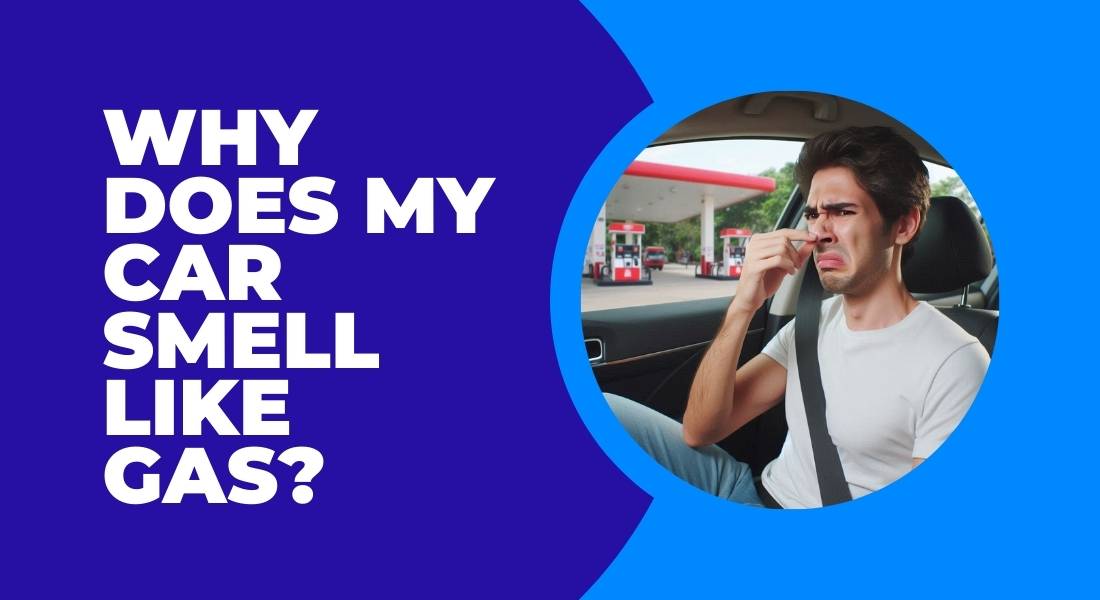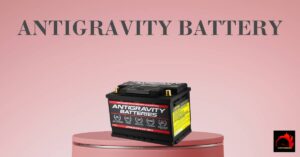You hop in your car ready to head out for the day when suddenly – yuck – the distinct stench of gas hits your nose. That can’t be good.
A gas smell in your vehicle could signal issues like a leak or a problem with the fuel system. Don’t just ignore it and hope it goes away. Properly diagnosing the cause of a gas odor is important for your safety and preventing damage.
Read on to learn why your car might reek of gas and how to pinpoint exactly where it’s coming from. We’ll also cover how to fix the issue or when to seek help from a professional. Let’s kick that nasty gasoline scent for good.
Finding The Source

First, try to localize the origin of the smell within or around your car. Take a good whiff inside with the doors closed, then check the engine area. Is it stronger in the cabin or under the hood? When parked, walk around the car to smell for external leaks. Ask passengers if they notice the smell too to help pinpoint it.
Fuel Line Leaks

The fuel system comprises yards of lines and tubes delivering gas through the engine. Cracks or loose fittings in this complex network can cause drips or vapor release. Inspect fuel lines closely looking for wetness or damage. Listen for hissing noises indicating escaping gas.
Line leaks are serious fire hazards if not fixed promptly. Look along the fuel rail, injectors, and tank seams for signs of wetness. Replace any damaged or degraded lines promptly.
Evaporative System Issues
Vehicles have an EVAP system controlling gas fume vapors. Problems here allow vapor escape into the cabin from the gas tank or charcoal canister. It usually causes odors while driving, unlike fuel line leaks. Have mechanics inspect your EVAP system as the culprit.
Faulty vent valves or a leaky evaporative canister could be to blame. Diagnostic tests can check EVAP integrity to pinpoint problems.
Faulty Gas Cap
A loose, faulty, or missing gas cap allows gas fumes to exit the fuel tank. The evaporative system counts on a sealed tank. Ensure the cap seals tightly and securely. Replace worn-out or missing caps immediately to prevent odors and leaks.
Make sure any rubber gasket on the cap remains flexible and intact. Tighten until it clicks to ensure a good seal.
Overfilled Fuel Tank
Adding too much fuel can result in spillage and overflow out of the tank. The vapors enter the outside air and cabin. Be careful not to top off after the pump clicks off. Only fill to the max line to prevent spill over.
Wipe any spilled drops on the paint to prevent corrosion. The strong smell should fade as excess gas evaporates.
Recent Refueling
The scent of fresh gas on your hands or clothes can linger in the car if you’ve pumped recently. Wash/change clothes to isolate the smell. If it persists away from the station, it’s likely an actual leak. But rule this out first.
Air out the car fully before driving to see if it dissipates. Avoid driving right after fueling if possible to prevent odor retention.
Repair Needs
Gas scents signal your car needs service. Don’t delay diagnosis and repairs. Driving with potential fuel system issues is very unsafe. Consult a professional mechanic to inspect for leaks, EVAP problems, or other symptoms.
They have the tools and know-how to fix it right. Consider replacing older lines and gaskets proactively to improve safety. Address minor leaks before they become bigger issues.




